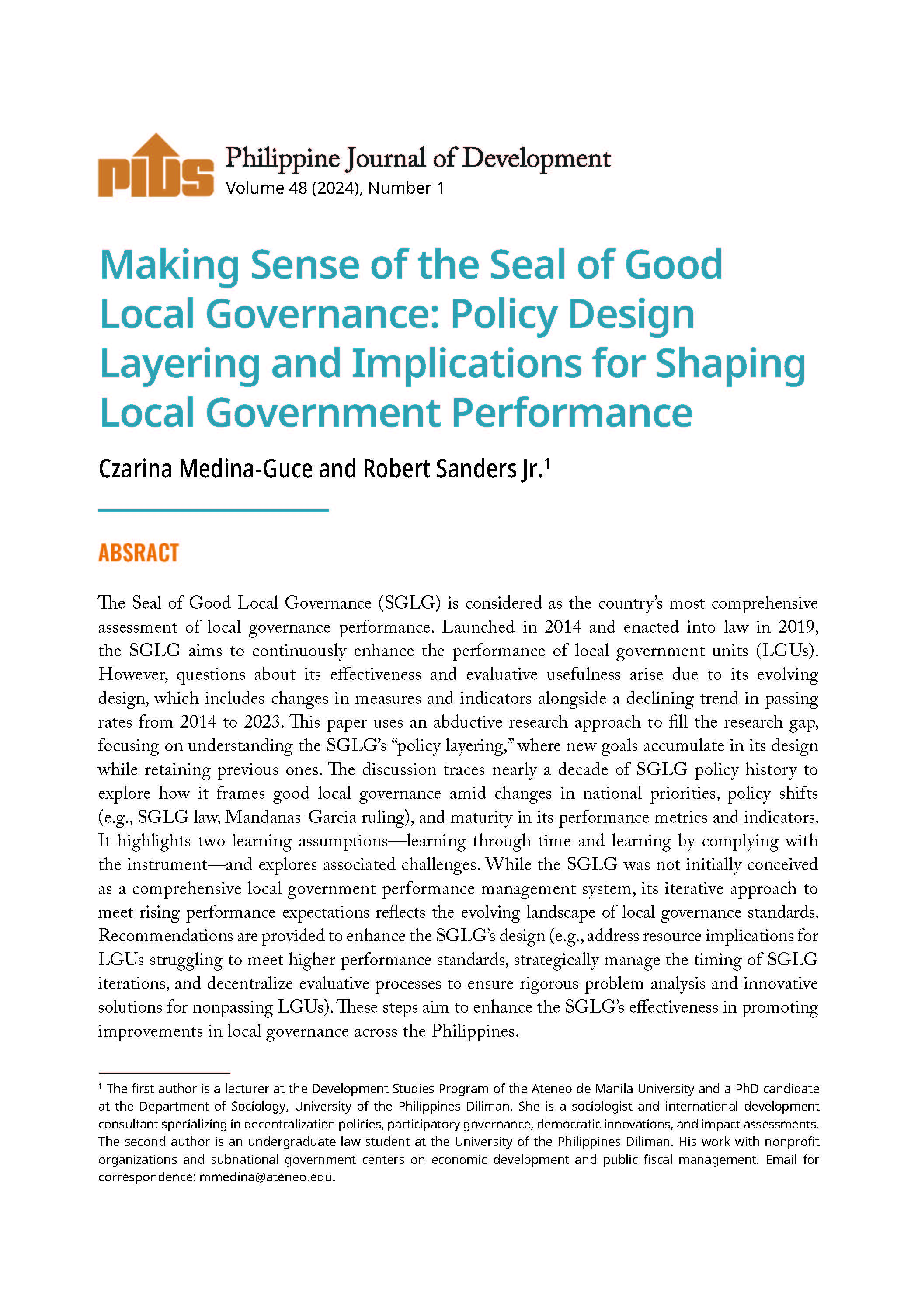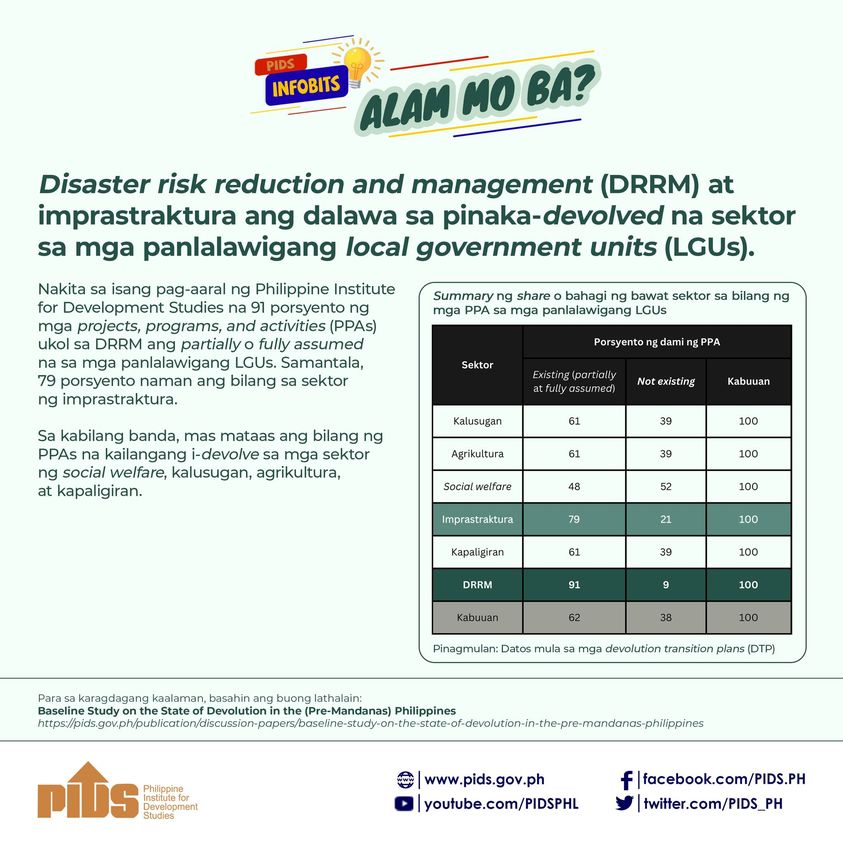CONTRACT farming yields significant increase in profitability of tobacco farmers in small-size farms, according to a recent study by the Philippine Institute for Development Studies (Pids).
"Linking small farmers to modern markets, whether domestically or for export, increasingly entails participation in modern supply chains coordinated by contract farming,” the study by government’s economic think tank said.
According to Pids, the case study is based on a survey of smallholders in the tobacco industry, and "seems to be the first such application for the Philippines.”
The study finds that "correcting for endogeneity,” participation in contract farming increases farm profitability significantly, and particularly appears to be biased in favor of smaller-farm sizes.
Endogeneity can arise as a result of measurement error, and is only a problem if the researcher wants to recover causal (cause) effects, not only mere correlations. For instance, in a simple supply-and-demand model, when predicting the quantity demanded in equilibrium, the price is endogenous because producers change their price in response to demand and consumers change their demand in response to price and, accordingly, adjustments in calculations are needed.
According to Pids, evidence is also clear that supply chains linking agribusiness with small farmers through contract schemes are a viable model of value addition and inclusive growth in rural areas.
Hence, the institution recommends that policies should be implemented to support an enabling environment for expansion of supply chains.
The study also noted prevailing concerns on possible disadvantages from contract farming to small farmers, but explained that most of the available data and works "refute the notion that contract farming tends to exclude the smallest farmers, at least for the case under consideration,” but rather point to a positive correlation between participation in contract farming and net farm income.
However, "transport cost and inadequate physical accessibility tend to undermine profitability, as well as the likelihood of contract participation,” the Pids study said.
The government agency clarified in the study that Pids "does not advocate land-reform policies to force further fragmentation of farms.”
"Coercive reforms aimed at breakdown of farms could be disruptive and inefficient, and that the efficiency of small farms favors supporting the initiative of private agribusiness to increasingly move to a decentralized system involving contract farming with smallholders.”
To recall, the Philip Morris Fortune Tobacco Corp. (PMFTC) has established its first Virginia tobacco-experimental farm, covering 10 hectares, in Barangay Ane-i, Claveria, an interior municipality in the eastern part of Misamis Oriental last year.
Initial result of the trial has encouraged the cigarrete company to proceed to the precommercialization phase, according to the National Tobacco Administration (NTA).
With 113 farmers, representing a total area of 58.27 hectares, involved in the second phase, which ended in October last year, PMFTC extended production assistance such as cash, inputs and technical, including tobacco seedlings to the farmers, the tobacco agency said in its statement.
The NTA said the first batch of transplanting for the commercialization phase began in November last year and went on until April of this year, covering a total area of 200 hectares.
"Most farmers in Claveria are willing to shift to tobacco farming as they can avail [themselves] production assistance from the cigarette company,” the Nta said.
Government think tank says contract-growing viable for small tillers












